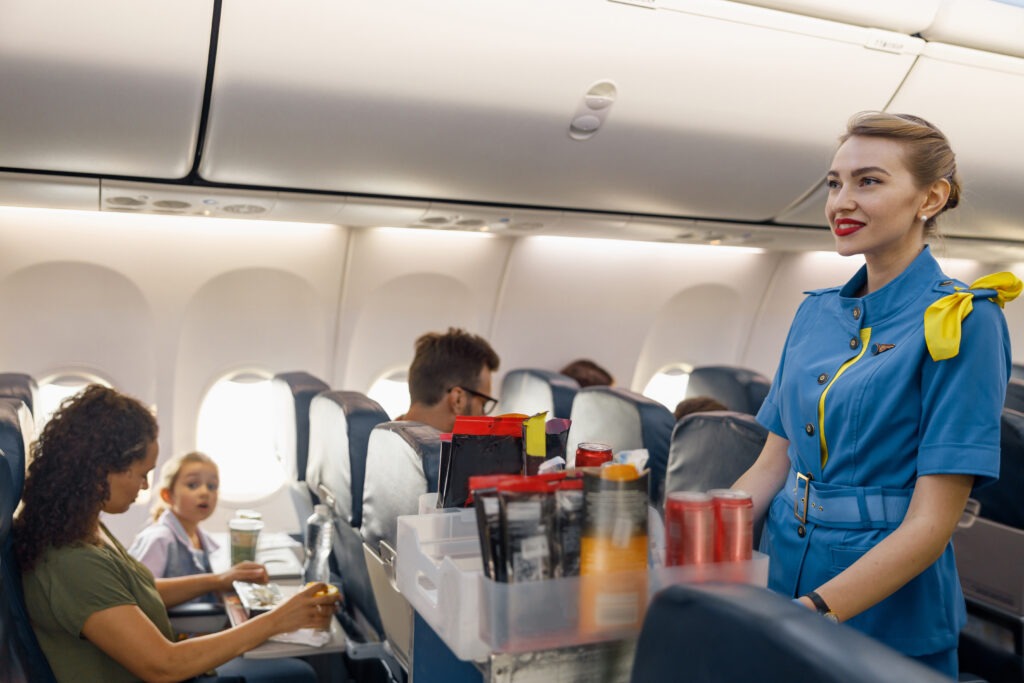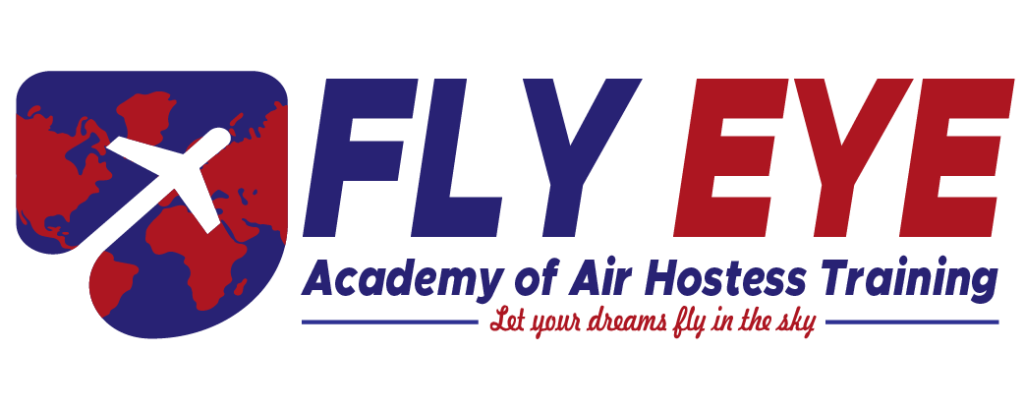Introduction:
Dreaming of a career that takes you around the world? Joining the airline industry as cabin crew might just be your ticket to adventure, but it’s no ordinary job. The role of cabin crew is multifaceted, requiring a unique blend of skills and knowledge to meet the dynamic needs of passengers and ensure the safety and comfort of everyone on board. In this blog, we’ll explore how a cabin-crew training course equips you for the challenges and opportunities of the airline industry.
Understanding the Role of Cabin Crew:
Before we delve into the specifics of training, let’s understand what it means to be part of the cabin crew. Cabin crew members are the face of the airline, responsible for providing exceptional customer service, ensuring passenger safety, and maintaining order and comfort throughout the flight. From greeting passengers with a warm smile to handling emergency situations with poise and professionalism, cabin crew play a crucial role in shaping the overall passenger experience.
Comprehensive Safety Training:

One of the primary responsibilities of cabin crew is to ensure the safety of passengers in the event of an emergency. That’s why safety training is a cornerstone of any cabin-crew training course. From learning how to operate emergency equipment to mastering evacuation procedures, trainees undergo rigorous training to prepare them for any situation that may arise during a flight. This includes simulated emergency scenarios that test their ability to remain calm under pressure and take decisive action to ensure the safety of all on board.
Customer Service Excellence:
In addition to safety training, cabin crew are also trained to deliver exceptional customer service. From assisting passengers with boarding and disembarkation to serving meals and beverages with a smile, cabin crew are the frontline ambassadors of the airline. A cabin-crew training course teaches trainees how to anticipate and fulfill the needs of passengers, handle complaints and conflicts effectively, and create a welcoming and comfortable environment on board.
Cultural Sensitivity and Diversity Training:

In today’s globalized world, airlines operate in diverse cultural environments, serving passengers from all corners of the globe. As such, cultural sensitivity and diversity training are essential components of cabin-crew training. Trainees learn about different cultural norms, customs, and etiquette, enabling them to interact respectfully and effectively with passengers from diverse backgrounds. This includes language training to ensure that cabin crew can communicate with passengers in multiple languages, facilitating smoother interactions and enhancing the overall passenger experience.
Teamwork and Collaboration:
Flying thousands of feet above the ground requires seamless teamwork and collaboration among cabin crew members. A cabin-crew training course emphasizes the importance of teamwork, teaching trainees how to work together effectively to ensure the smooth operation of the flight. From coordinating service activities to responding to emergencies as a cohesive unit, cabin crew learn to rely on each other and communicate clearly and efficiently to get the job done.
Continuous Learning and Development:
The airline industry is constantly evolving, with new technologies, regulations, and customer preferences shaping the way airlines operate. That’s why a cabin-crew training course is just the beginning of a lifelong journey of learning and development. Airlines invest in ongoing training and professional development opportunities for cabin crew to ensure that they stay up-to-date with industry best practices and maintain the highest standards of safety and service. Air Hostess Course
Conclusion: Embarking on a career as cabin crew is an exciting and rewarding journey that requires dedication, passion, and a commitment to excellence. By completing a comprehensive cabin-crew training course, you’ll gain the skills, knowledge, and confidence to meet the dynamic needs of the airline industry and embark on a fulfilling career that takes you to new heights, quite literally. So, if you’re ready to spread your wings and soar, consider enrolling in a cabin-crew training course today and prepare for an adventure of a lifetime in the skies.


